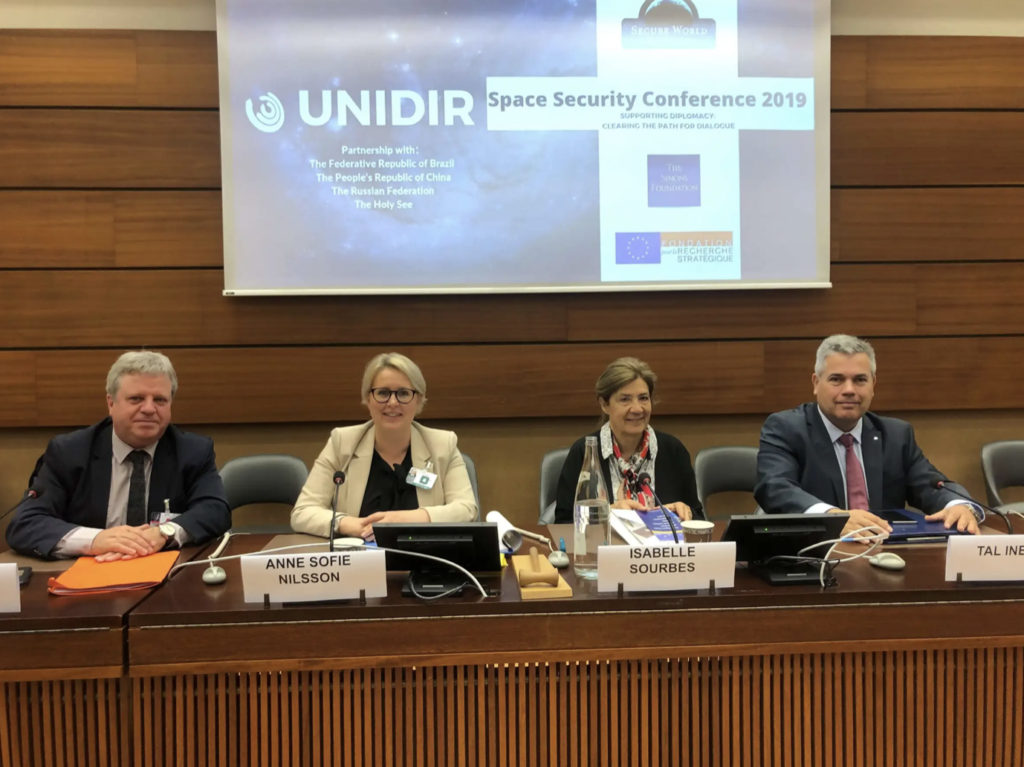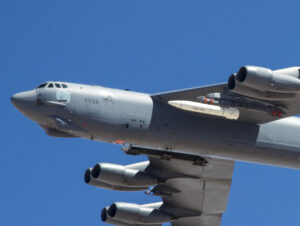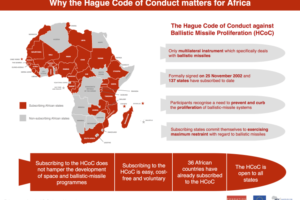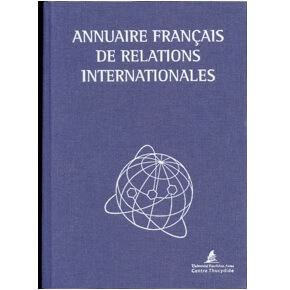The HCoC at the Space Security Conference (UNIDIR)
29 may 2019
On 29 may 2019, in the context of the Space Security Conference, organised by the United Nations Institute for Disarmament Research (UNIDIR), the FRS conducted a panel dedicated to the HCoC.

AGENDA
MODERATOR:
- Dr Xavier PASCO, Director, Fondation pour la recherche stratégique
PANELLISTS:
- Amb. Ann-Sofie NILSSON, Swedish Ambassador for Disarmament and Non-Proliferation
- Ms Isabelle SOURBES, Research Director, Centre national de la recherche scientifique
- Mr Tal INBAR, Head of the Space Research Center, Fisher Institute for Air & Space Strategic Studies




